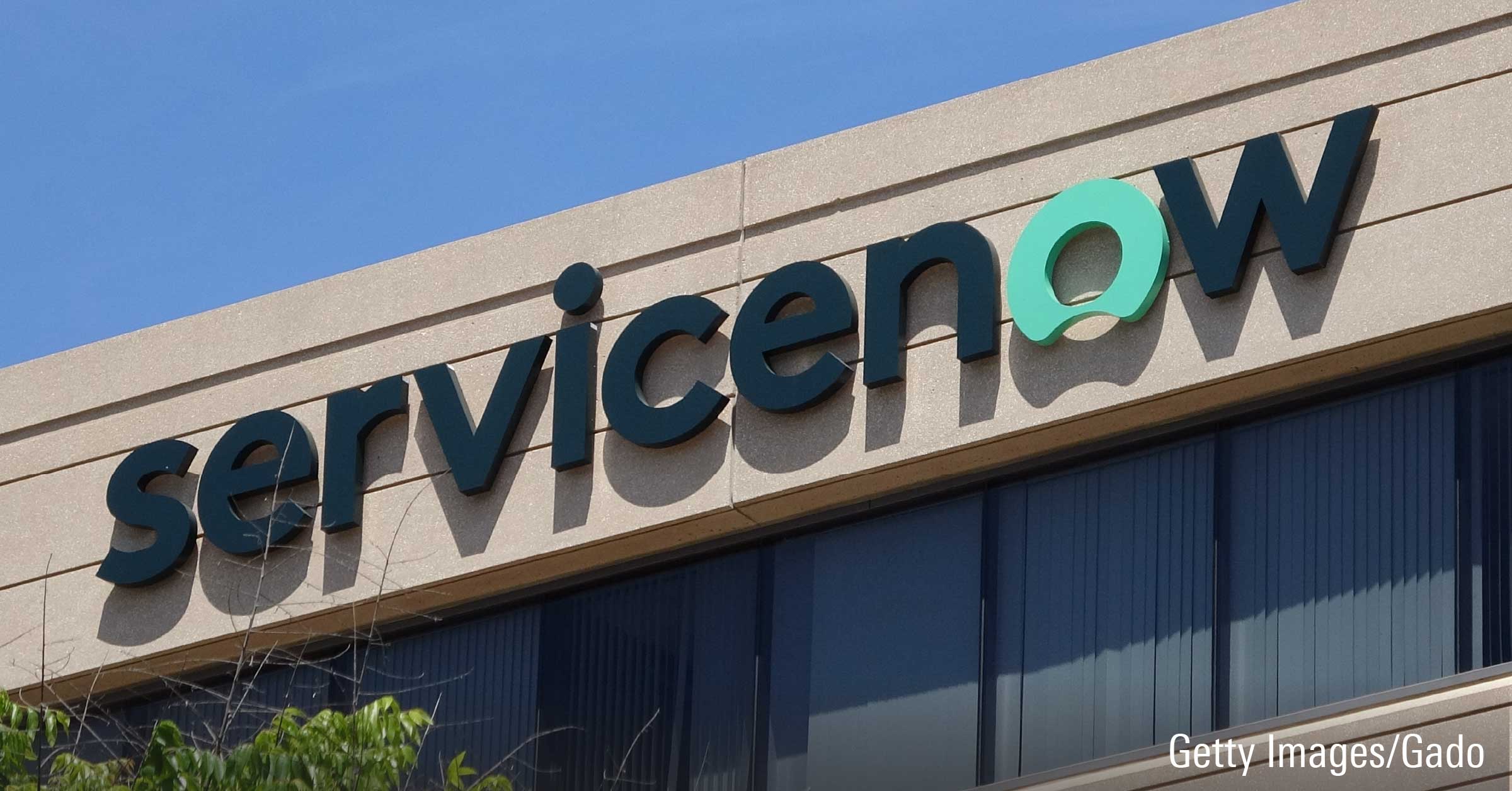A Cheap Growth Stock for 2023 and Beyond
Undervalued by 25%, this stock is a buy for its short-term resilience and long-term potential.

ServiceNow NOW trades 25% below our fair value estimate today—and that’s after its earnings defied gravity last quarter. No wonder Morningstar chief U.S. market strategist Dave Sekera included this wide-moat tech stock on his list of four undervalued stocks to buy after earnings. ServiceNow is also among the 33 undervalued stocks our analysts like for the second quarter. It’s a cheap, high-quality growth stock to buy.
ServiceNow has been successful thus far in executing a classic land-and-expand strategy. First, it built a best-of-breed software-as-a-service solution for IT service management based on being modular and flexible, having a superior familiar user interface, offering a way to automate a wide variety of workflow processes, and becoming a platform to serve as a single system of record for the IT function within the enterprise. Having established itself in IT service management and then the much larger IT operations management market, the company moved beyond the IT function. The same set of product design features and technologies has allowed ServiceNow to bring its process automation approach to human resources service delivery, customer service, finance, and operations. More recently, ServiceNow has been offering higher pricing tiers with an increasing array of features, along with industry-specific solutions, which have higher average selling prices and help drive revenue growth.
Key Morningstar Metrics for ServiceNow
- Fair Value Estimate: $600
- Star Rating: 4 Stars
- Economic Moat Rating: Wide
- Moat Trend Rating: Positive
Economic Moat Rating
We assign a wide economic moat rating to ServiceNow, driven by high customer switching costs. Our position is that switching costs for software are driven by several factors. The most obvious of these would be the direct time and expense of implementing a new software platform. There are indirect costs along those same lines, mainly lost productivity as employees move up a learning curve on the new system, as well as the distraction of employees involved in the function where the change is occurring. Perhaps most important is the operational risk, including loss of data during the changeover, project execution, and potential business disruption. The more critical the function and the more touch points across an organization a software vendor has, the higher the switching costs will be.
Read more about ServiceNow’s moat rating.
Fair Value Estimate for ServiceNow Stock
Our $600 fair value estimate implies a fiscal 2022 enterprise value/sales multiple of 14 times, adjusted price/earnings multiple of 68 times, and a 2% free cash flow yield. We model a five-year revenue compound annual growth rate of 20%. We see subscription revenue as driving almost all growth. In our view, top-line growth will be driven by continued new logo wins and rapid upselling into those clients once landed. Customer service, HR delivery, security operations, and platform should contribute meaningfully to growth over the next five years. We view financial close management as an additional medium- to long-term growth driver. We see non-GAAP operating margin expanding from 26% in 2022 to the high 20s over the next five years, driven by improving scale.
Read more about ServiceNow’s fair value estimate.
Risk and Uncertainty
We believe the most important metric for ServiceNow investors is revenue growth. Therefore, continued deceleration in subscriptions, or growth that does not materialize as expected, could have an adverse impact on the stock. At times, we have seen software companies struggle to manage rapid growth. ServiceNow has rapidly gained share by displacing legacy vendors in the help desk function; however, as it continues to expand into areas outside of IT, it will increasingly encounter new competitors. For example, moving more into customer experience will inevitably lead to increasing direct competition with Salesforce CRM.
Read more about ServiceNow’s risk and uncertainty.
ServiceNow Bulls Say
- ServiceNow’s superior product has led to rapid share gains and exceptional retention in the IT service management market. Now the company is using this strength to expand into other areas of IT operations management.
- The company has added additional growth drivers, including customer service and HR service delivery, which should help propel robust growth over the next five years.
- GAAP operating margin was breakeven for the first time in 2019, and we see a decadelong runway for expansion.
ServiceNow Bears Say
- As ServiceNow expands deeper into areas outside the core IT function, it will encounter an expanding set of competitors. Some of these will be better equipped to battle.
- The company’s market opportunity is difficult to define.
- Rapid growth, especially given ServiceNow’s scale, will inevitably slow.
Remove the guesswork and make informed decisions faster. Morningstar Investor’s stock ratings, analysis, and insights are all backed by our transparent, meticulous methodology. Learn more and start a seven-day free trial today.
The author or authors do not own shares in any securities mentioned in this article. Find out about Morningstar’s editorial policies.


/cloudfront-us-east-1.images.arcpublishing.com/morningstar/4JOND5R2SBFPZE63XWPYQDG56A.png)
/cloudfront-us-east-1.images.arcpublishing.com/morningstar/UA4PJHTFYFFX3FUDUZ6ZHGQ6IY.png)
/cloudfront-us-east-1.images.arcpublishing.com/morningstar/D2LN64PPEJFUFPSWUNYVGCCDLA.png)